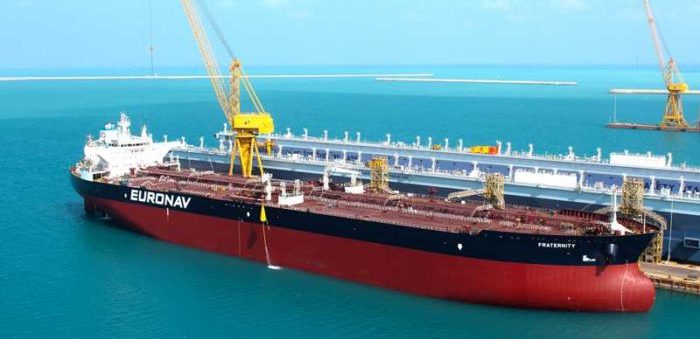According to a company executive of Euronav, the tanker operator is completing its preparations in order to follow the IMOs regulations for limiting sulphur emissions from ocean-going vessels. More specifically, the ship owners need to cut emissions by reducing the sulphur content in fuel to 0.5% from 3.5, begging from January 2020.
According to Reuters, the company has so far opted for low sulphur fuel. Under the new rules, ships must opt for low sulphur fuel, ensure fuel tanks and related piping are cleaned of sludge and sediment that build up with high sulphur fuel, otherwise it could also pollute the new cleaner fuel and automatically make the vessel non-compliant.
In other words, each ship needs preparation to be ready for IMO 2020.
Euronav’s head of investor relations, Brian Gallagher, noted it that the company had successfully completed the cleaning for some of its vessels.
We are looking to do this in a fairly quick scale over a period between now and Christmas with the least disruption as possible.
For the records, Euronav plays a major role in the tanker industry globally, since it has a fleet over 70 ships including 42 supertankers, which can each carry 2 million barrels of oil. It also owns the only two operational mega tankers, which can each lift about 3 million barrels of oil.
Concluding, as part of its strategy for IMO 2020, Euronav bought the equivalent of 420,000 tonnes of compliant fuel and marine gas oil, which it is storing on board in one of the above vessels, Oceania. Gallagher stated that Oceania had already started supplying ships with the new compliant fuel, and it would take up to six months for the vessel to fully discharge.
































































